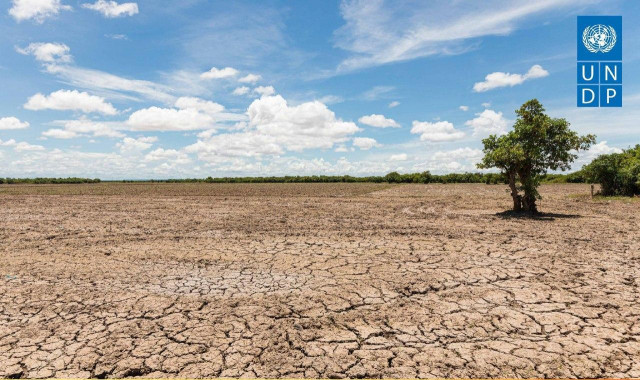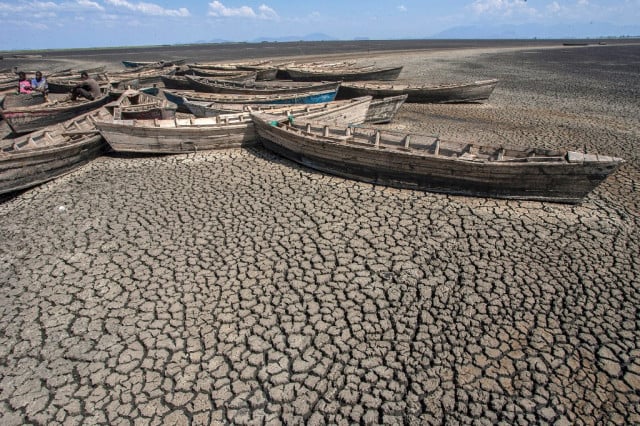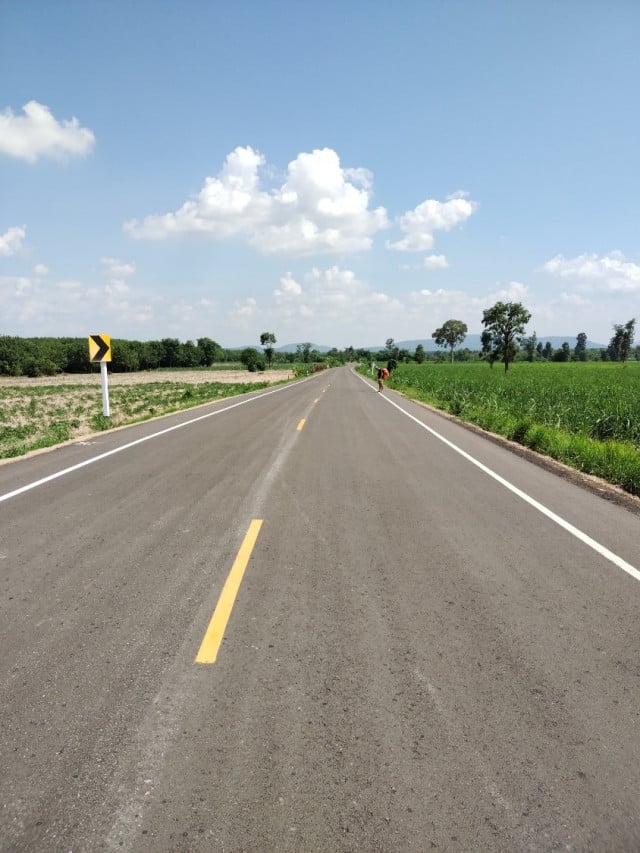A New Generation of Inequalities is Emerging According to a UN Report

- Jazmyn Himel
- January 9, 2020 8:42 AM
PHNOM PENH—Climate change may become a catalyst leading to a new era of inequalities in the world, according to a report of the United Nations Development Programme (UNDP).
“Climate change will hurt human development in many ways beyond crop failures and natural disasters,” said the report released last month. “Between 2030 and 2050, climate change is expected to cause an additional 250,000 deaths a year from malnutrition, malaria, diarrhea and heat stress.”
The way people will be affected by inequalities linked to climate change may be determined by their own situations, the report said. “Exposure can be driven by vulnerability, as vulnerable groups are driven to less secure, more disaster-prone locations, especially in urban areas.”
As a result, those more vulnerable are likely to face further inequality that will exacerbate, the report states, “[existing] social and economic fault lines.”
In the meantime, the report added, “[those] well empowered today appear set to get even farther ahead tomorrow.”
Climate change could affect the ability of those in insecure positions to pay for healthcare, education or even food and forcing children to work while at school, thus increasing inequality as can already be seen in some countries, according to the report.
The tropics where many developing countries are located, will be the first area of the globe to be drastically affected by climate change, the report states.
In fact, they already are. “[D]ata from more than 11,000 districts in 37 countries suggest that since 2000, warming has made tropical countries at least 5 percent poorer than they otherwise would be.”
The World Health Organization’s “Climate and Country Profile 2015 – Cambodia,” which describes the country as highly vulnerable to climate change, said that “an additional 69,800 individuals will be at risk of river flooding annually due to climate change by 2030.”















